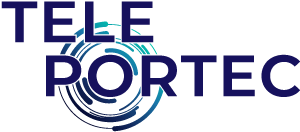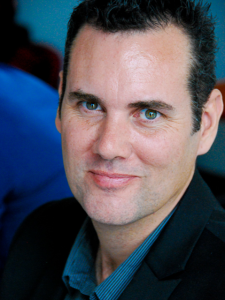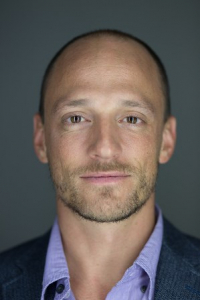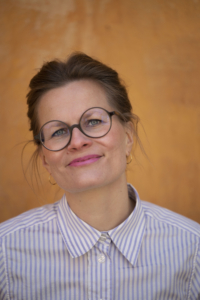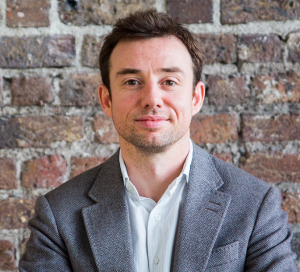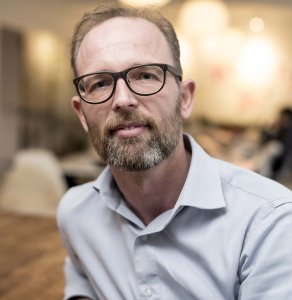Renu’s driving purpose is to help organizations and people leverage emerging technologies to improve the human condition. As a senior business executive and an ‘accidental academic’, Renu has spent nearly 30 years working for and advising leading global organizations in technology, strategy and innovation in higher education, high-tech communications and consumer electronic sectors.
Renu has held strategic and operation roles at Motorola, Deloitte, AT&T, Sprint, and Verizon at a time of massive growth and change in the industry. Her academic career includes leadership positions at Singularity University (a technology think-and-do tank in Silicon Valley), the University of Chicago and Georgia Institute of Technology.
Renu is actively involved in numerous non-profit and civic organizations whose mission is to advance science and education. Examples include serving as a Board of Regents of Loyola University Chicago, Chair of the Questions Committee of the Economic Club of Chicago, a Judge for the New Venture Business Challenge at the University of Chicago Booth School of Business, on the Advisory Board of Illinois Tech’s College of Computing, on the Women’s Board of the Adler Planetarium and a Board Member for Pilot Light – a food education non-profit.
Renu holds an MBA degree from Emory University, Bachelor of Science degree in Industrial Systems Engineering/Management Science from Georgia Tech and an Executive Management Certificate from Booth School of Business.
Sample Topics
Introduction to Exponentials
Singularity University was founded on the idea that there are a multitude of emerging technologies that are changing at an exponential pace that will collectively disrupt norms. This talk explores the range of technologies for which exponential dynamics holds true and the implications this has on industry. This talk sets the foundation upon which other technologies and concepts are discussed in Singularity education programs.
The Six D’ of Disruption
“The Six D’s are a chain reaction of technological progression, a road map of rapid development that always leads to enormous upheaval and opportunity.” — Peter Diamandis and Steven Kotler, Bold The Six D’s framework was created by Singularity University’s co-founder, Peter Diamandis. This talk overviews the framework using practical examples and case studies and equips participants to recognize signals of early change in their own industry and business world. The Six D’s are a road map showing what can happen when an exponential technology is born. Not every phase is easy, but the results give even small teams the power to change the world in a faster and more impactful way than traditional enterprises.
Becoming an Exponential Enterprise
While technologies are maturing exponentially, organizational structures and processes remain stubbornly linear. Yesterday’s best-practices, like the five-year-plan and innovation funnel, aren’t sufficient to navigate today’s fast-paced, tech-driven world. In this talk, we’ll share the key attributes essential to becoming an Exponential Enterprise. We will discuss principles, practice and organizational models that can help even the largest enterprises thrive in an exponentially changing world.
Future of Work
In this talk, we examine the fundamental meaning of work — starting with a historic look of why humans work, then overviewing key mega-trends (such as technology, demographics, urbanization, planetary resources) that are disrupting the very norms of work today. The bulk of time is spent on discussing the future of work and its implications to individuals, organizations, governments and society. We explore questions such questions as:
- What will work look like in the future?
- Who will it be done by?
- Where will it take place?
- How will organizations attract, retain, develop talent in the future?
- What can organizations do to prepare for the future now?
We conclude with practical insights to equip attendees to rethink and reshape their role in the future of work.
Future of Learning
In this talk, we examine how our learning needs are changing and how we must adapt to provide life-long learning, just-in-time learning, and foster an ability to unlearn to learn. The traditional model of going to school for a finite time of your life and be ‘done’ to prepare you for a multi-decade working life no longer works. We’ll discuss as organizations and executives, how can we develop an ongoing capacity to learn, unlearn and learn again to remain relevant and agile in a rapidly changing world.
Workshop – Future Visioning
Through an interactive session, uncover the implications of exponential technologies and concepts in 20, 15, 10, 5 years. We create future visions and “retrocast” to the present. Through interactive sessions, participants consider what the future can mean for their organizations. Participants will be led to address key questions as:
- What are the cascading implications of exponential technologies becoming pervasive?
- What are the first and second order effects?
- What behaviors and businesses becomes obsolete?
- What new business opportunities arise over 5, 10, 15 years and beyond?
Subgroups present to whole group to debrief.
Workshop – Pressure Test Today’s Assumptions
Through an interactive session, participants are led to question their status-quo, norms, business model and market assumptions. Participants are then led to develop NEW assumptions for tomorrow that serve as the basis to brainstorm new strategic choices. Participants will be led to address such questions as:
- What assumptions do you hold today that allow for your business model to be successful?
- Based on exponential technologies and concepts discussed, what NEW assumptions will hold true 10 – 15 years from now?
- Which assumptions from “today” no longer apply?
- How does your business model need to change if these assumptions hold true?
- What current capabilities will you no longer need?
Subgroups present to whole group to debrief.
Workshop – Create Strategic Choices
Building from Future Visioning and Pressure Test Workshops described above, participants create new strategic choices and possibilities to thrive in the future. We conclude the workshop by capturing key insights gained and develop a prioritized road map for action. Subgroups present to whole group to debrief.

